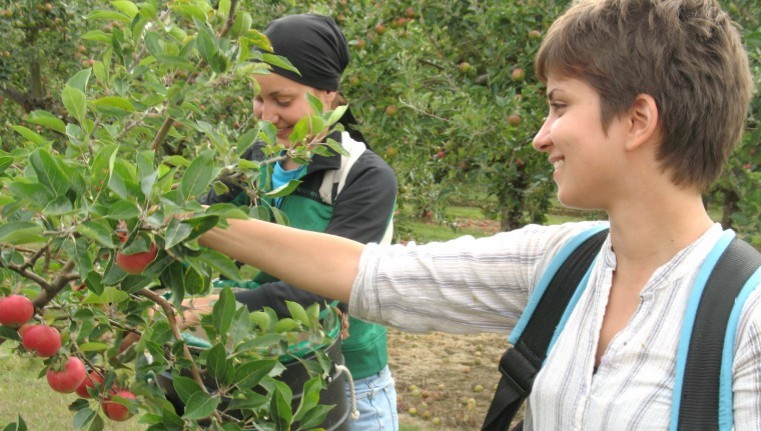Evidence to the House of Commons environment, food and rural affairs committee’s inquiry on labour constraints in farming found that many labour providers won’t be able to find enough workers this summer.
The committee had to publish a shortened report because the general election was called and it was dissolved, but all its evidence has been left for any successor committee. In one of its key findings, the committee said that evidence submitted “suggests the current problem is in danger of becoming a crisis if urgent measures are not taken to fill the gaps in labour supply.”
Many farmers and growers – especially in the fruit growing areas of the South East – have called for a successor to the seasonal agricultural workers scheme (SAWS) which, when it closed at the end of 2013, allowed growers an annual quota of 21,250 seasonal workers from Romania and Bulgaria.
The Home Office told the committee that a new SAWS could be introduced very quickly—in five or six months—once the need for such a scheme had been identified. “It is vital that the labour supply available to the agriculture and horticulture sectors does not suddenly dry up as a result of any uncertainty caused by the new immigration arrangements instituted following the UK’s exit from the European Union,” the committee said. “We note the promise made to us that this will not happen, and we are confident that our successor committee will wish to scrutinise this area of government activity closely throughout the next Parliament.”
In its evidence to the committee, the Surrey based Association of Labour Providers (ALP) reported a survey of its members earlier this year with 166 responses, more than 50% of ALP membership. The survey found:
- 21% of labour providers do not expect to be able to source and supply sufficient workers for Summer 2017;
- four out of 10 client businesses have had to increase wage rates to attract workers;
- more than a third of labour providers believe that the quality of labour is worse than 12 months ago as opposed to less than one in 10 who say that it is better;
- two out of three labour providers have had to invest more money and resources into sourcing workers thereby increasing the cost of labour; and
- more than 75% of labour providers believe that there will be insufficient or lower quality workers in 2017 compared to 2016.
ALP said the survey results “indicate rising labour supply costs and negative impacts on sector output and productivity.”
In another report from the House of Lords European Union committee on farming and Brexit, researchers from Queen’s University Belfast said that of the 80,000 seasonal workforce in horticulture alone, 98% are migrants from elsewhere in the EU. Dairy UK reported that on average non UK born labour accounts for around 11% of the processing workforce in the UK dairy industry, while the British Egg Industry Council said that about 40% of staff on egg farms and about 50% of staff in egg packing centres were EU migrants.
The National Pig Association found that one in five farms and businesses connected to the pig industry would struggle to survive without migrant labour, and the British Poultry Council said that of the 35,900 direct employees in the British poultry meat industry, around 60% (21,540) are migrant workers.
According to the British Meat Processors Association, some 63% of the workforce of the British red and white meat processing industry are mainly from central and eastern European Union member states. The British Growers Association told the committee that UK horticulture relies on around 90% of its total seasonal labour requirement (75,000–80,000) coming from the EU.
Allan Wilkinson, head of agrifoods at HSBC Bank plc, said there is “very heavy dependence on seasonal labour to harvest key sensitive high value crops such as hops and soft fruit and certain fruit and vegetables.” Wyn Grant, emeritus professor of politics at the University of Warwick, concluded that the “horticultural sector and the field vegetable sector … could not function without the seasonal labour that comes to it.”




